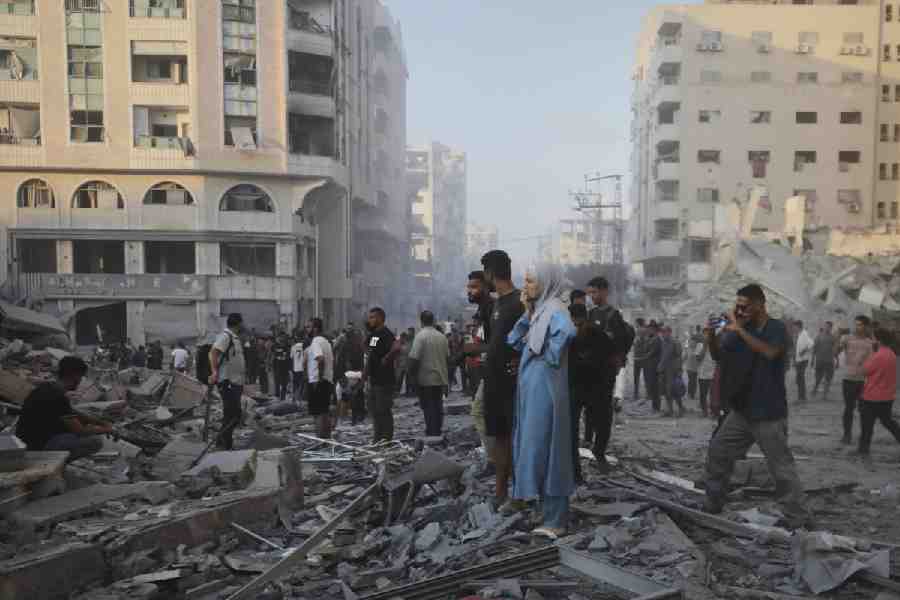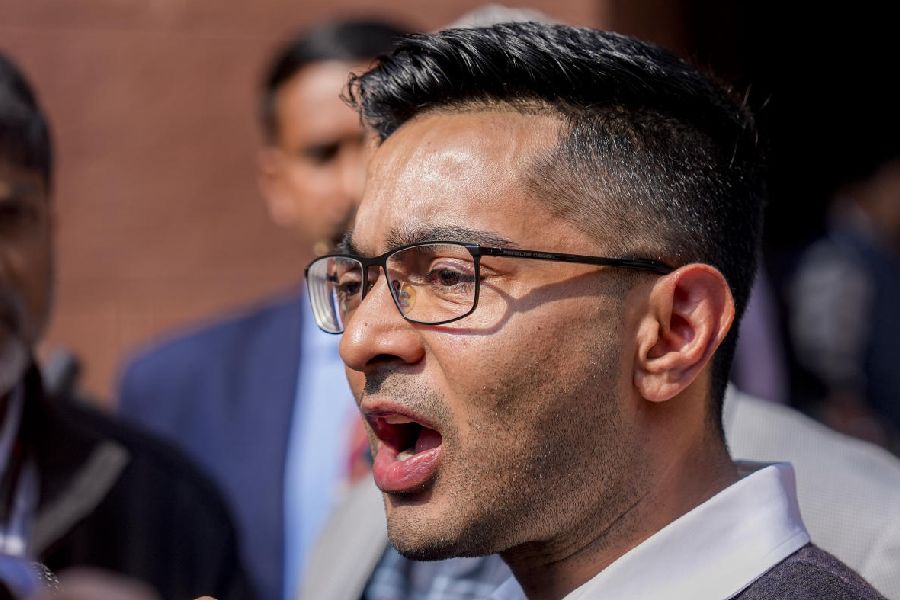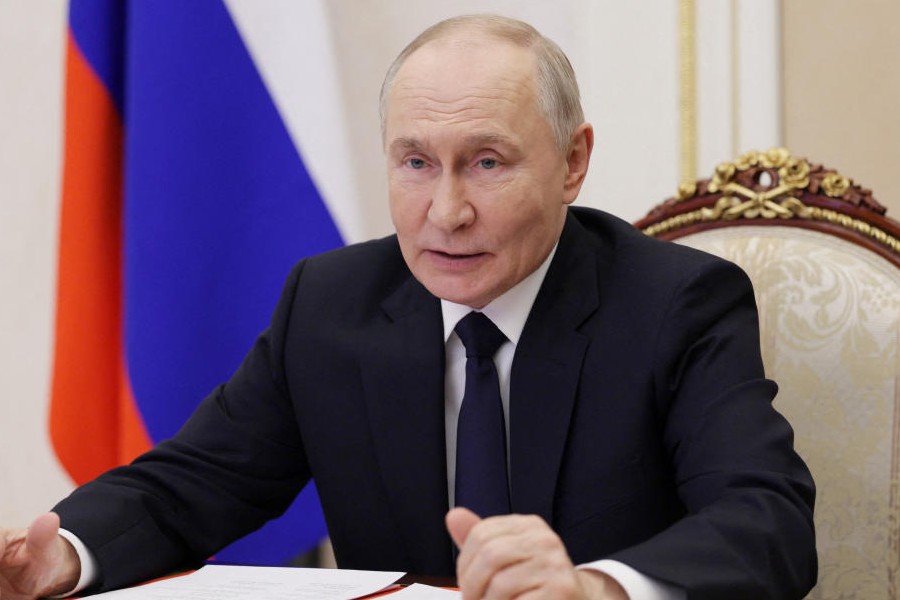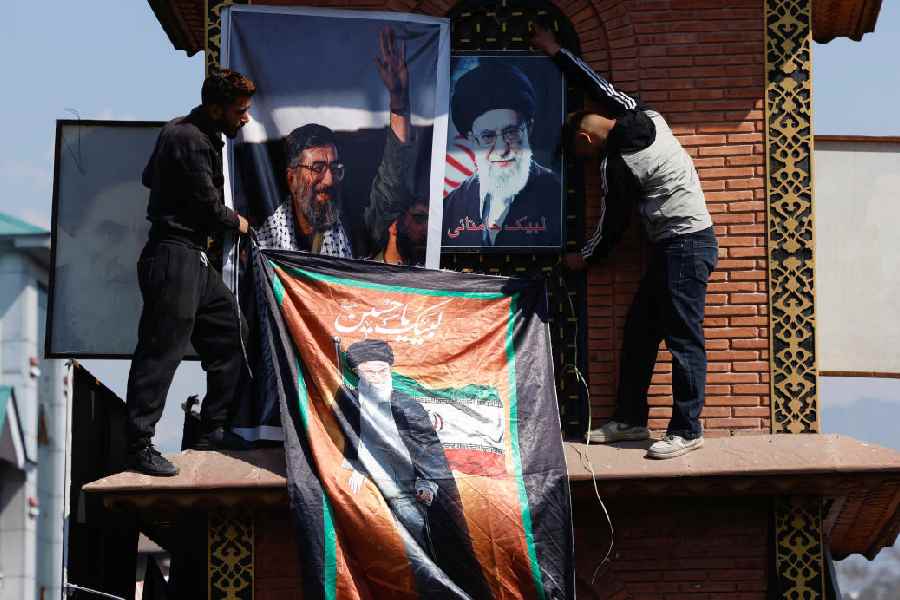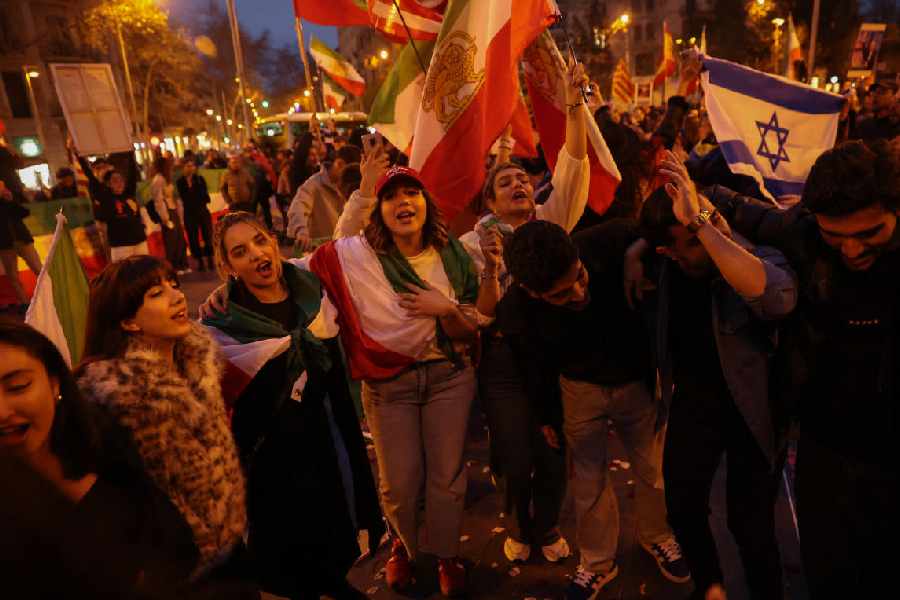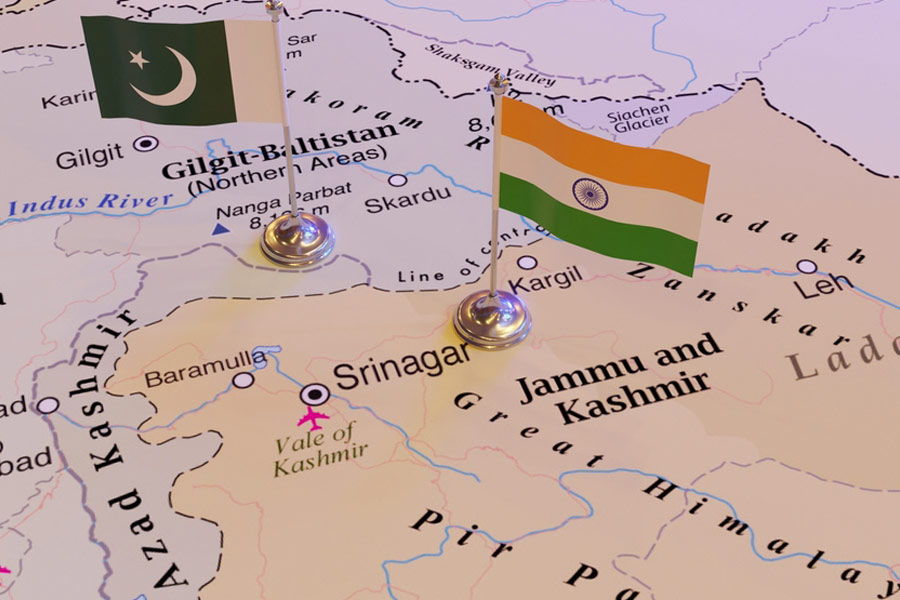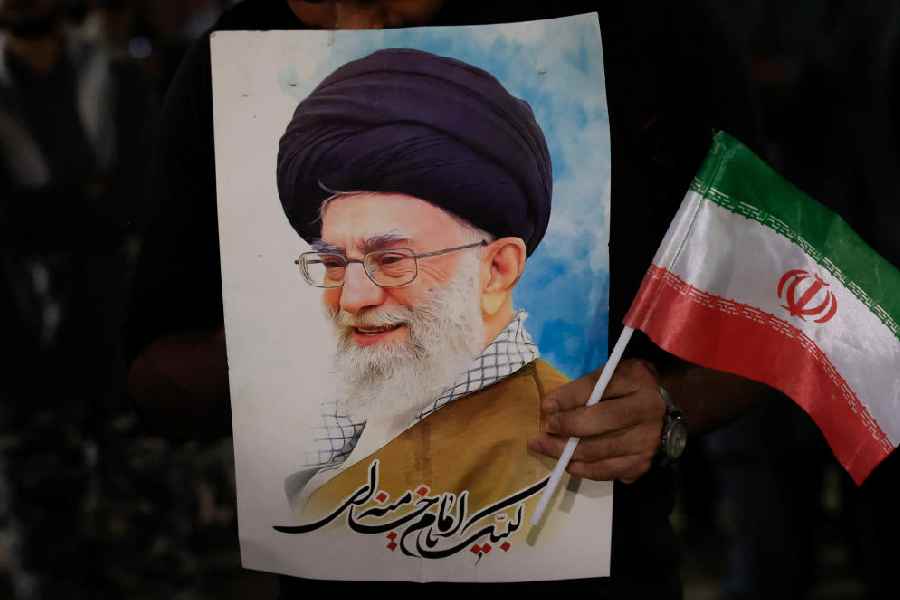This, unfortunately, is the era of war. The carnages in Gaza and Ukraine, apart from several localised hot spots around the world, are testaments to this sad fact. Death and destruction, quite naturally, are some of the consequences of this age of conflict. But there is another frightening outcome of this global bloodshed, one that has been revealed by a recent report by the United Nations. The prevalence of war has led to the skyrocketing of defence expenditure in most nations — rich and poor — leading to adverse impacts on their fiscal abilities to resolve humanitarian and developmental challenges. The figures make for chilling reading. An estimated $2.7 trillion was spent on militaries around the world in 2024, with over 100 nations increasing their defence budgets. The United States of America spent the most — 997 billion dollars — with China and India being among the top five spenders on this count. There was a slight rise, of 3%, in the defence spending of African nations — some of them are facing stiff economic and welfare obstacles. The diversion of funds towards military needs meant that the world fell behind in meeting some important objectives. For instance, if global priorities were saner, only 10% of the money spent on arms and armies would have been enough to eliminate extreme poverty. As little as 3% of these funds can eradicate hunger, that too within a span of five years, while only 5% of the decadal global military expenditure would have taken care of child malnutrition. Conditions regarding water, sanitation, education, gender inequality and perhaps the most potent spectre — climate change — remain dire as the world remains fixated with weapons.
Two inferences can be drawn from this dispiriting data. The first concerns the seeming global regression into a state of antipathy, aggression and chaos. Embedded inequality, the rise of ambitious, authoritarian rulers, trust deficits among nation-states, the retreat of democracy and the weakening of the much-vaunted rules-based order can be counted among the reasons for this. Second, humanity seems to be forgetting one of its fundamental lessons in survival. The most robust assurance of security is investment in people and their economic and social needs. With only one of the five sustainable development goals on track, the world must choose welfare over weapons.

